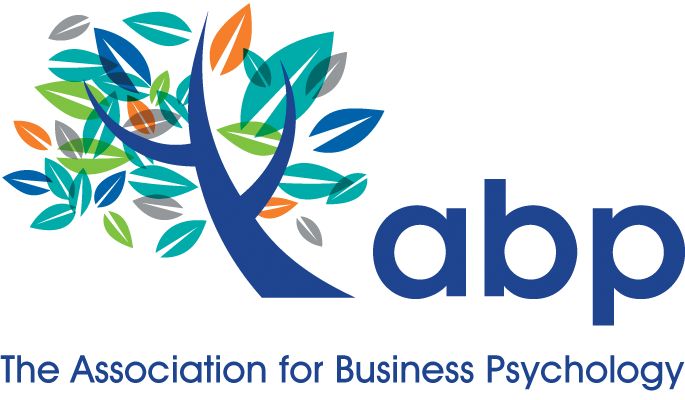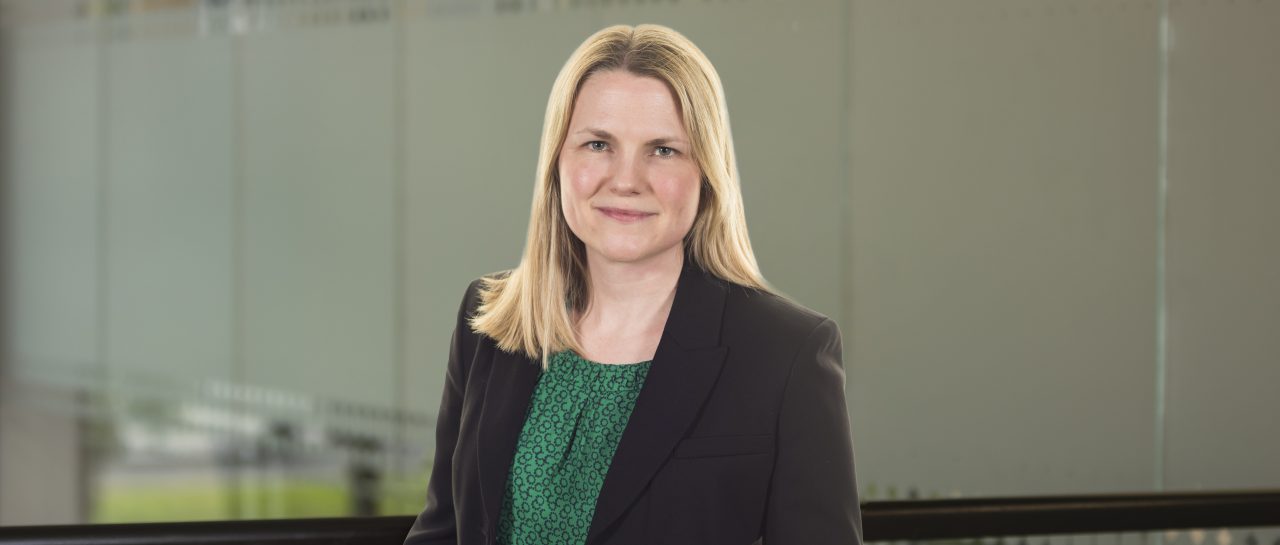What does a great day at work look like for you? Is it flying through your to-do list, to earn a quiet afternoon? Maybe it’s a hectic schedule, jumping from meeting to meeting, feeling productively busy? Or perhaps, it involves reaching a key milestone, feeling…

Authored by Dr Dawn Nicholson (ABP Vice Chair, Head of Accreditation and Biz Psych Cup Lead)
Like many, I and my ABP Board colleagues, have been upset and horrified at the scenes taking place across many of our cities and communities in the last two weeks. There is absolutely no place in our society for racial hatred or violence. I was on a university campus this week where violence was expected. There was real fear, sadness and upset amongst international students and staff. (Thankfully the expected violence did not materialise). These are not feelings anyone should experience. As the ABP Board, we condemn these actions absolutely and our thoughts are with all of those impacted by these horrendous events.
In the immediate term, the safety of ethnic minority friends, family members, employees and colleagues is paramount. Workplaces need to demonstrate sensitivity and support to affected employee groups. Is it necessary for them to come into the physical workplace at this time – what if they are afraid to travel? Are there wellbeing or other resources in place, such as Employee Assistance Programmes (EAP) or Employee Resource Groups (ERG), where employees can openly express their fears and concerns? Is there clear signposting to these support resources?
In the longer term, our workplaces are a microcosm of our society. Positive workplace changes can help to bring wider societal change, so what more might our workplaces do to influence this?
The DEI ‘Backlash’
Recent times have seen a ‘backlash’ and de-prioritisation of Diversity, Equity and Inclusion (DEI). Real change in our workplaces – and beyond – requires more than putting employees through annual DEI training and ‘checking the box’. We also need to understand that the language of the training room doesn’t always carry through to the wider workplace. How can workplaces manage this?
- Real change means more than just increasing demographic numbers. We need to ask hard questions about our workplace cultures, and what we are doing to change these, where change is needed.
- We need to listen – properly – to diverse views in our workplaces and make every effort to understand them. Workplace processes and decision-making should be reviewed and revised to ensure all diverse views are given the opportunity to be fully heard and integrated.
- Feedback and performance reviews provide opportunities for an open, honest exchange of views. Do diverse employees feel supported? What do they need to ensure that their performance is the best that it can be? Are our managers equipped with the skills they need to handle such conversations and provide this support?
Leadership, Empathy and Creating ‘Safe Space’
Real and influential leadership around the importance of workplace DEI is critical but some workplaces struggle to demonstrate this. Some practical tips to address this could include:
- Leaders can demonstrate and role model empathy, – “the ability to understand and share the feelings of another” – a vital workplace skill. How many of us can really put ourselves in the shoes of others – be they from a different ethnicity, gender, sexual orientation, age, socio-economic or neuro demographic? Workplaces can emphasise the value of this skill when it comes to promotion and pay increases.
- It is too easy for some employee groups to feel forgotten or that their voice is unimportant, or ignored. These types of feelings seems to lie behind some of the violent behaviours we have seen. In workplaces, well-structured focus groups, offering a safe space for employees to talk about what and how they are feeling – and their own lived experience – can offer a rich, deep understanding, that goes beyond just counting demographic numbers. Workplaces can set the tone for society here, ensuring every employee voice is heard and every employee view is respected.
- Employee Resource Groups (ERG) can also play a valuable role – but are most effective when they are open and accessible to all employees. Learning happens faster in these environments, where experiences can be shared more broadly.
Deindividuation
Many of the statements emerging from the early court cases of those arrested for violent disorder point towards the ‘deindividuation’ effect. It’s easy to get swept along by others and group dynamics are complex. Le Bon (1895/1995) defined the crowd as a group of individuals who, in specific circumstances, acquire new characteristics that are very different from the characteristics of the individuals who constitute it.
Deindividuation affects online groups also, and it’s pervasive. People want to be part of the group and so they change their language and behaviours to match that of the group, suppressing what may be their own (often less extreme) views and language.
- Nobody wants a “big brother” workplace, where employers track employees’ online/social media activity. That said, employees can be educated about the online risks and employers can make it clear that they have zero tolerance towards any form of online racial (or other) discrimination.
It’s heartening to see the counter protests which have sprung up recently, making it clear that, as a nation we reject racial violence and discrimination and we embrace and value diversity and respect different cultures. COVID-19 (remember that?) was a moment where, as a nation, we all came together. We were communities of all types united by a common goal – irrespective of ethnicity, gender, age, sexual orientation – or any other diversity demographic. We worked together, lived together, supported each other to get through it – together. Our togetherness showed our greatness and was – and is – our strength. There is a reason the ABP is ‘the home and voice of business psychology’. That is because we are open and inclusive to all and we value and embrace diversity. As business psychologists, we can support all workplaces to do the same and contribute to positive societal change.



